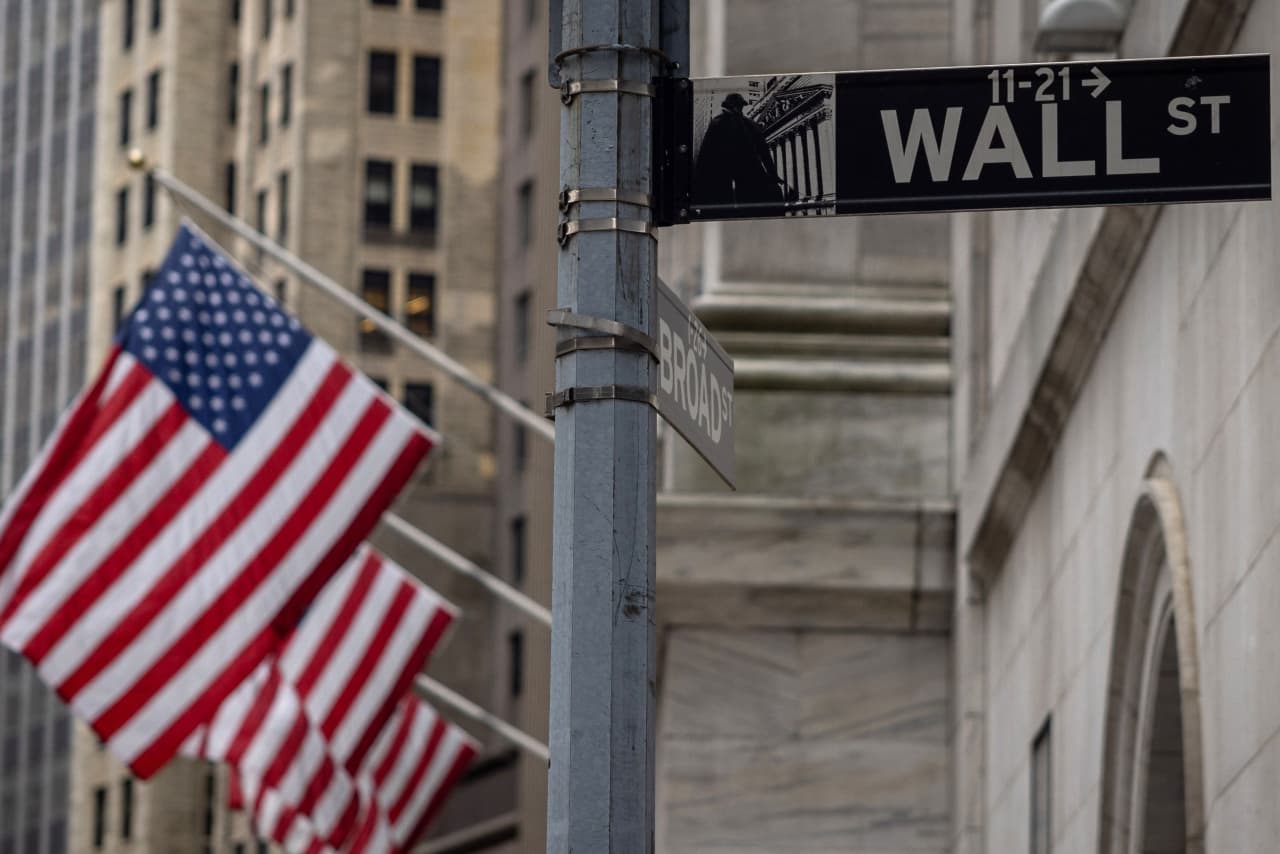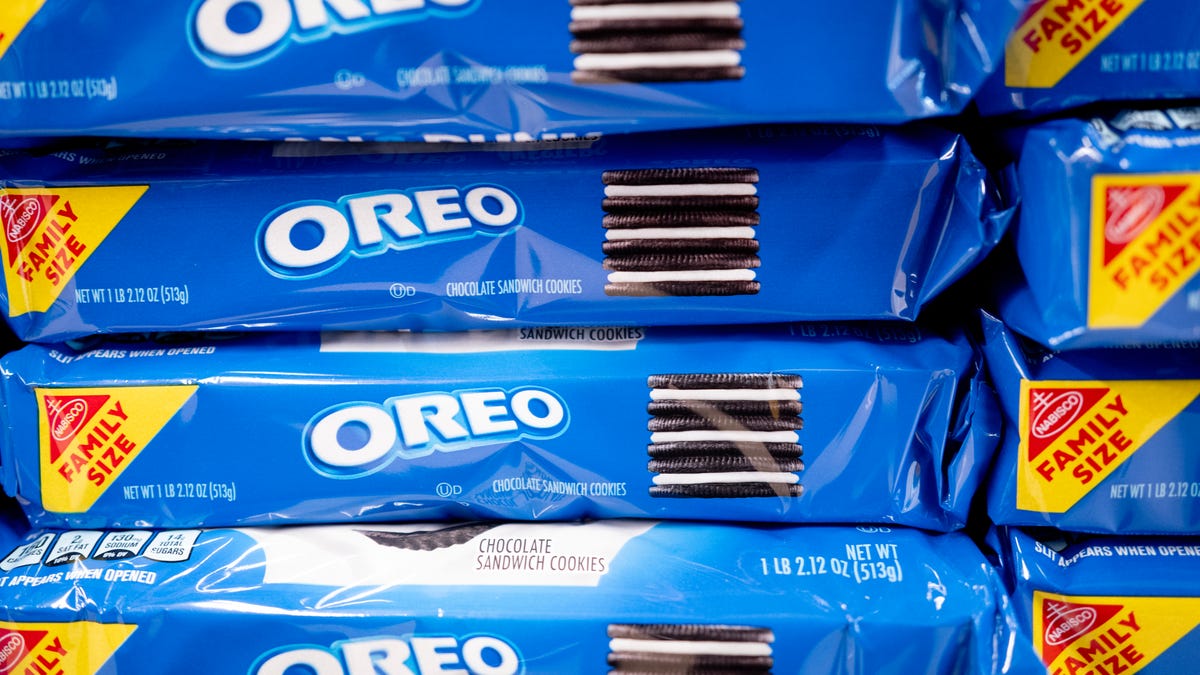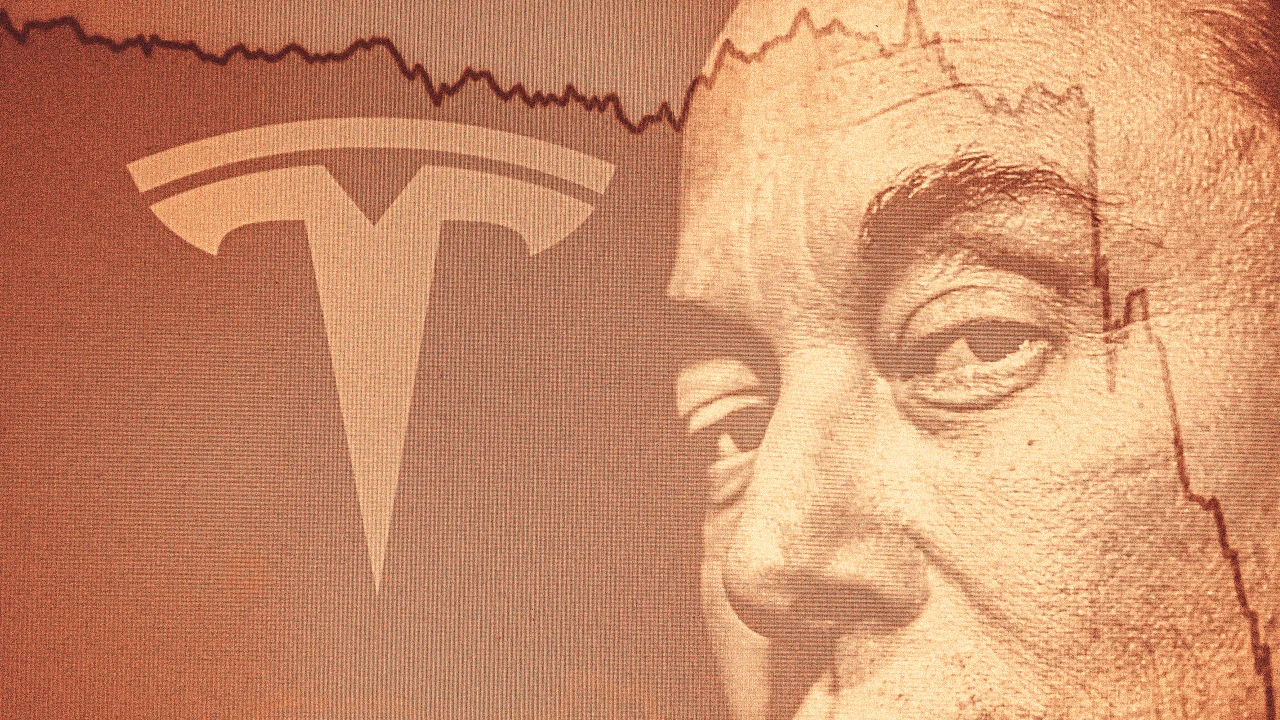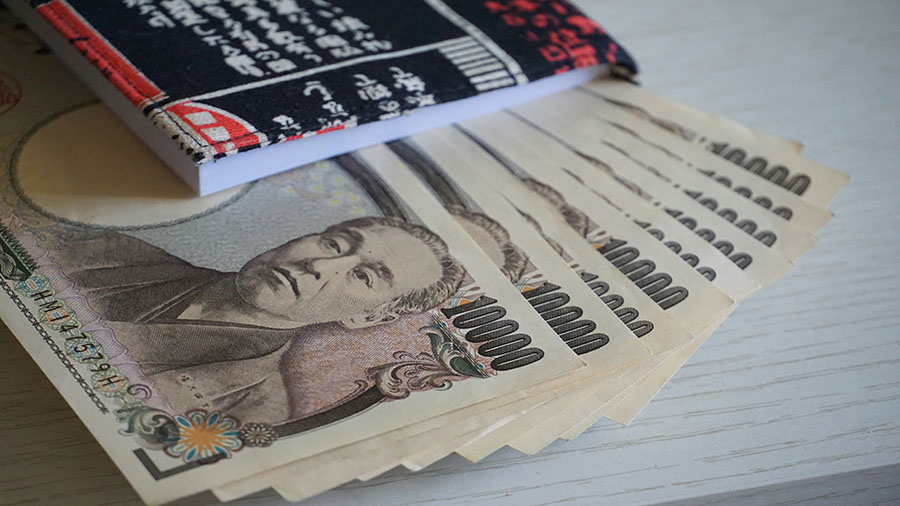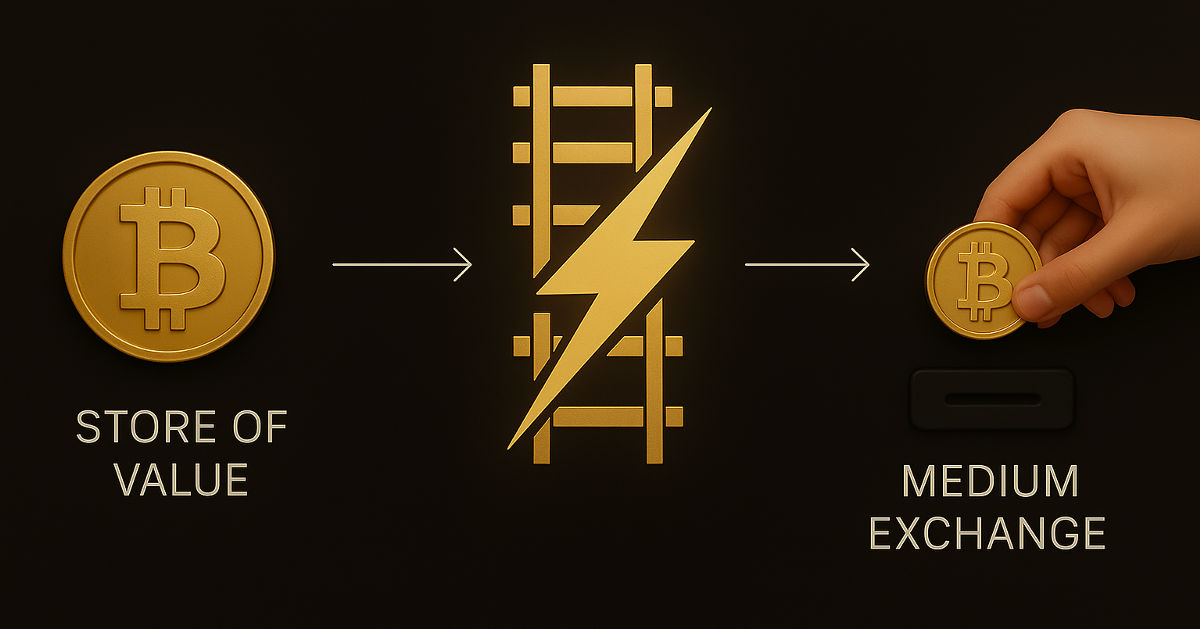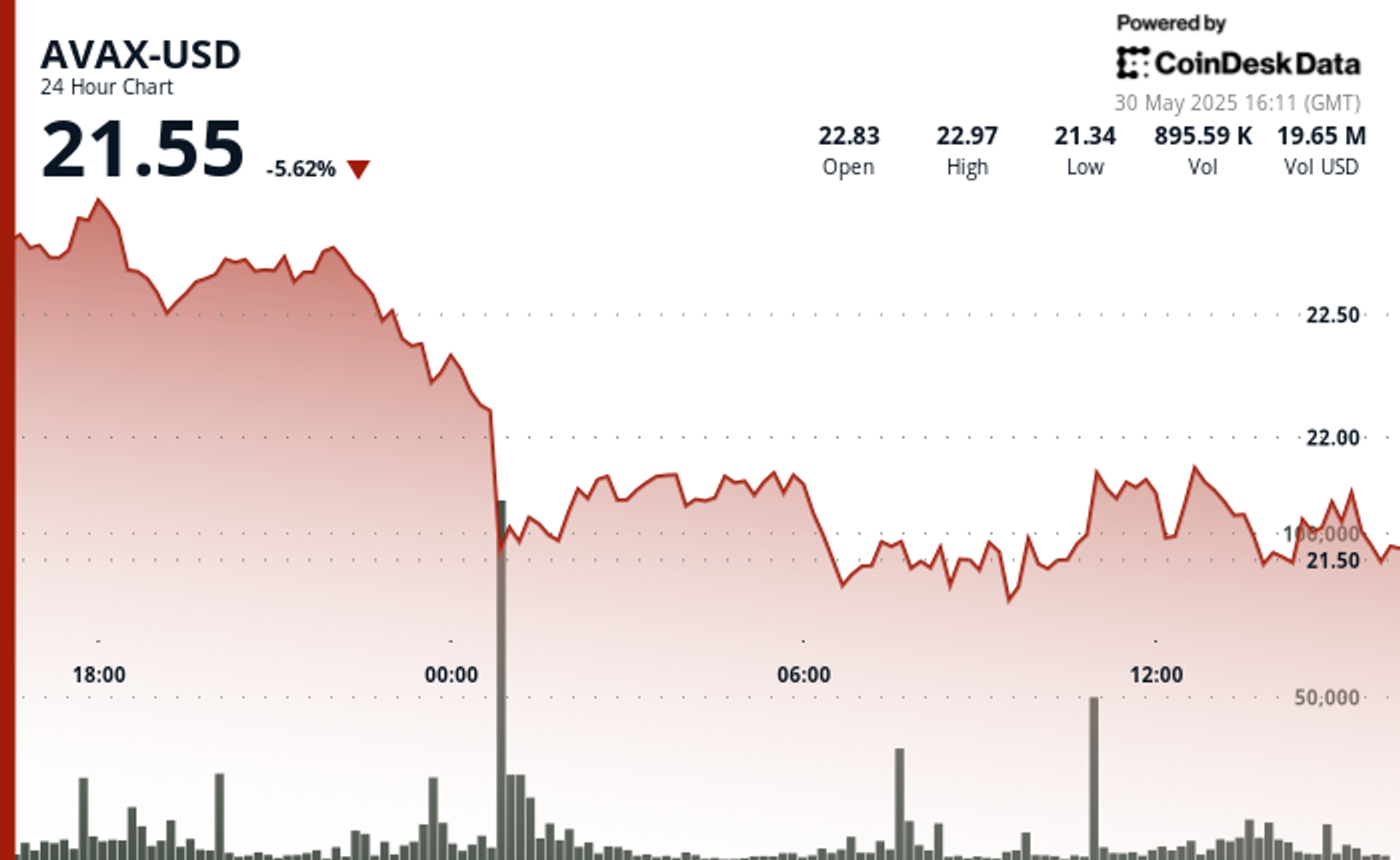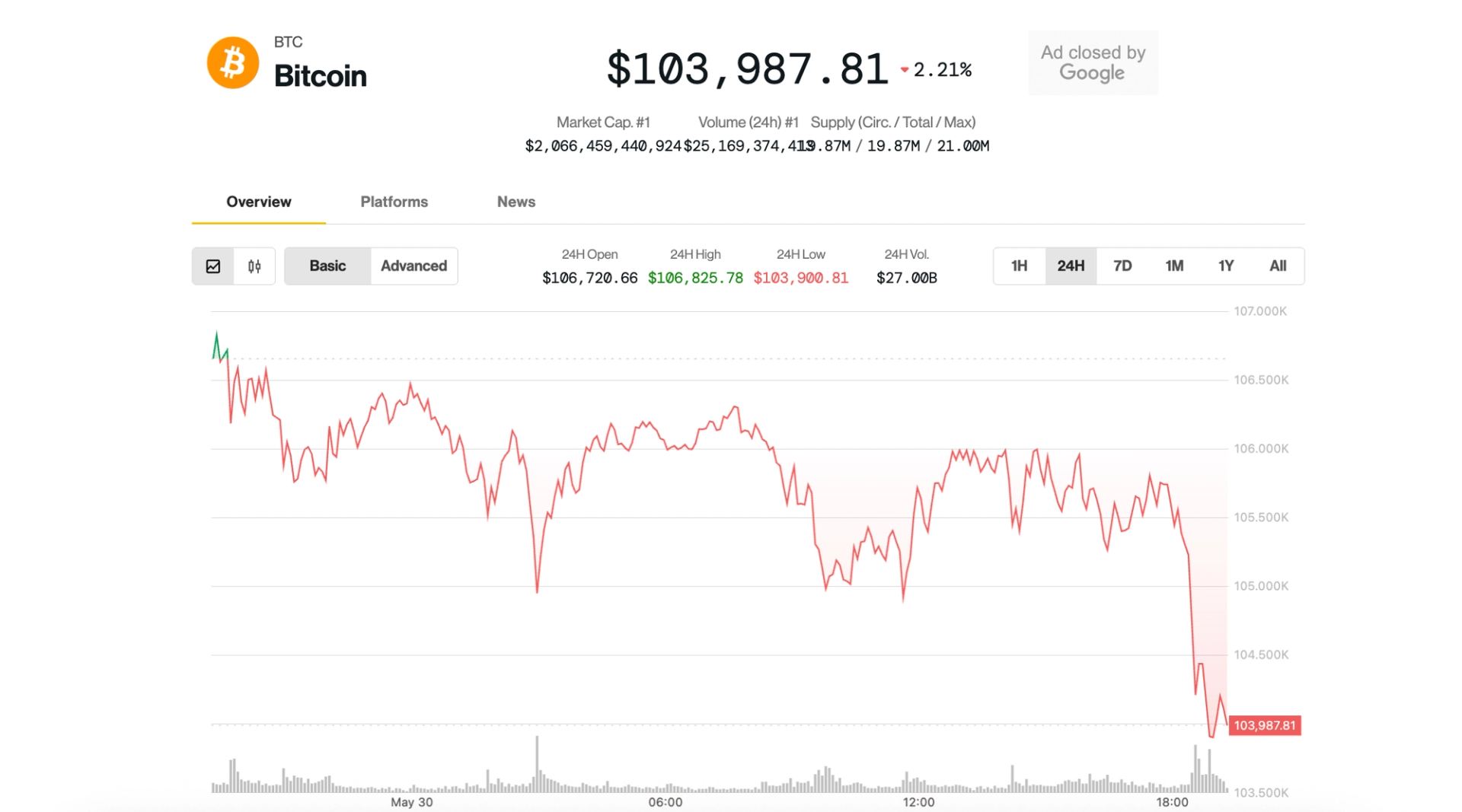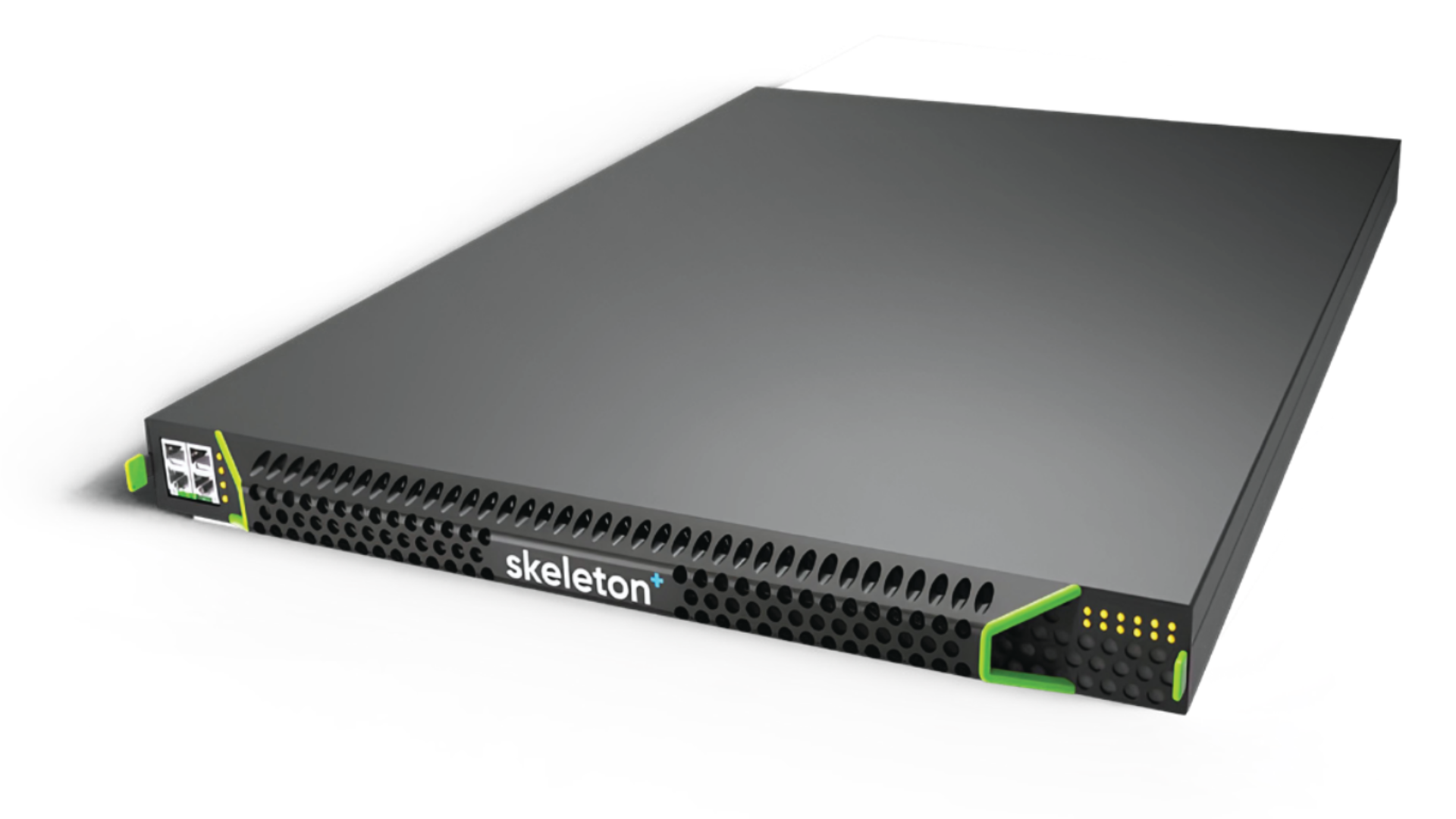2 Ultra-High-Yield Dividend Stocks Down About 30% to Buy Now and Hold Forever
Investors looking for stocks that can produce heaps of passive income are often tempted by ultra-high-yield stocks that offer yields more than triple the market average. Unfortunately, a dividend stock's yield rarely rises to such heights unless investors have good reasons to worry about future cash flows being sufficient to raise the payout further.When the stock market opened on May 28, shares of Realty Income (NYSE: O) and NNN REIT (NYSE: NNN) were down by 30% and 29%, respectively, from peaks they set in 2020. Their stock prices are down, but not the dividend payments they send out. Both companies have steadily raised their payouts and currently offer yields that are more than triple the average yield you can receive from stocks in the benchmark S&P 500 index.Rising bond yields are the No. 1 issue pressuring the prices of these two real estate investment trusts (REITs). The risk-free rate investors can receive from U.S. Treasuries is a lot higher than it was the last time these stocks peaked.Continue reading

Investors looking for stocks that can produce heaps of passive income are often tempted by ultra-high-yield stocks that offer yields more than triple the market average. Unfortunately, a dividend stock's yield rarely rises to such heights unless investors have good reasons to worry about future cash flows being sufficient to raise the payout further.
When the stock market opened on May 28, shares of Realty Income (NYSE: O) and NNN REIT (NYSE: NNN) were down by 30% and 29%, respectively, from peaks they set in 2020. Their stock prices are down, but not the dividend payments they send out. Both companies have steadily raised their payouts and currently offer yields that are more than triple the average yield you can receive from stocks in the benchmark S&P 500 index.
Rising bond yields are the No. 1 issue pressuring the prices of these two real estate investment trusts (REITs). The risk-free rate investors can receive from U.S. Treasuries is a lot higher than it was the last time these stocks peaked.

























